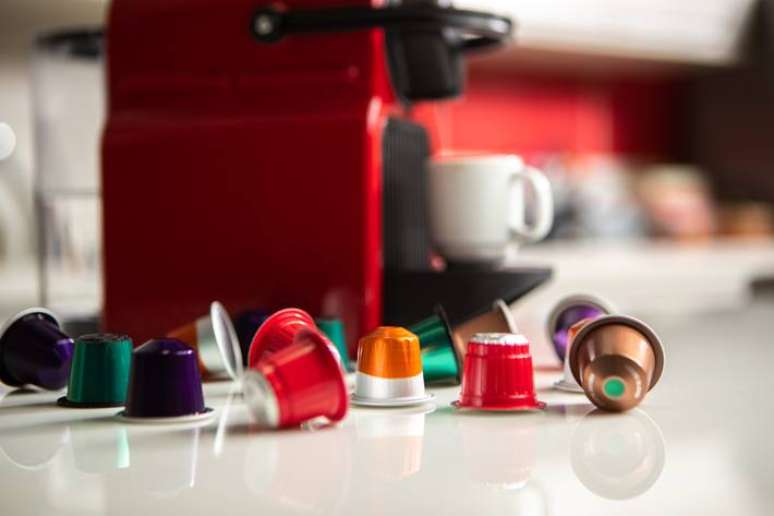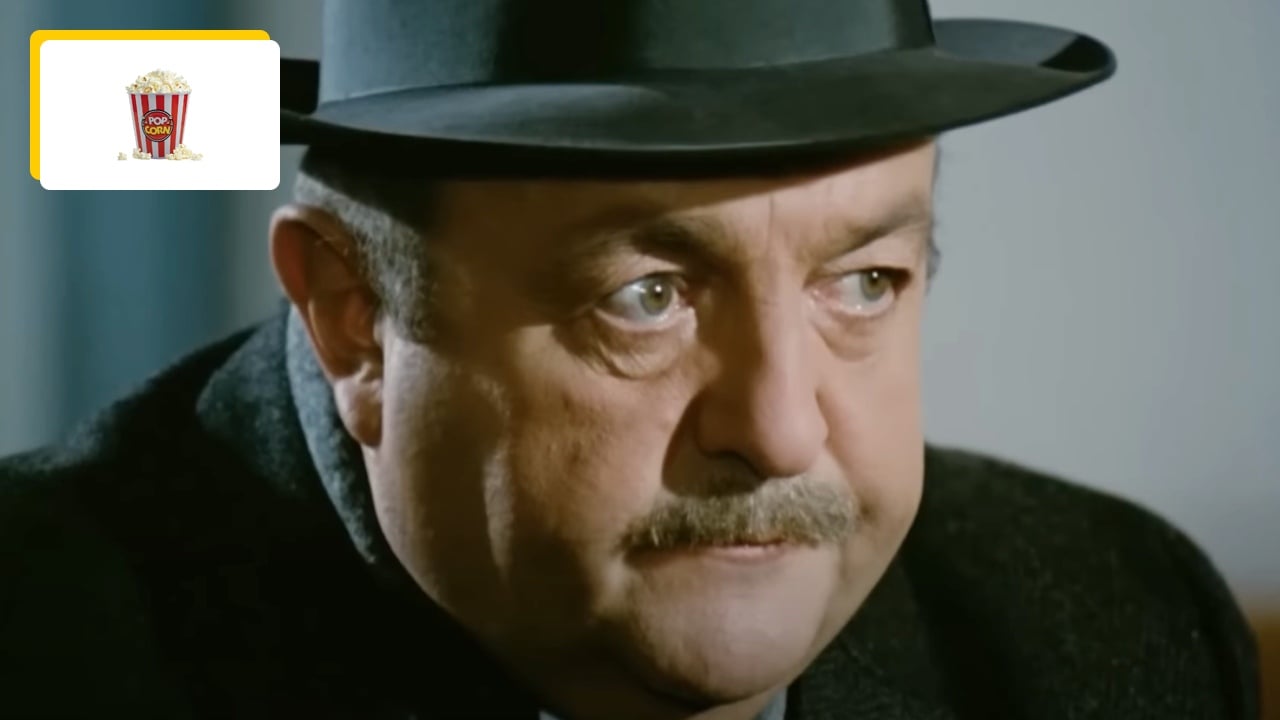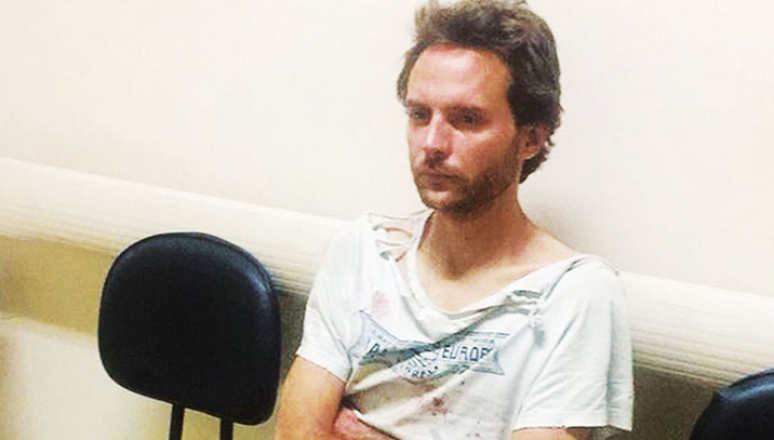Tricking your body with cups of coffee may be a good solution right away, but it will only make you more and more tired in the long run.
Recently, a 32-year-old patient of mine told me that while driving to work he fell asleep at the wheel on a red light. Much to his chagrin, he was stopped by a police officer who arrested him on charges of driving under the influence of drugs or alcohol. He hadn’t used anything.
He was driving under the powerful influence of chronic sleep deprivation, which he believed he could control with increasing amounts of caffeine. Feeling overwhelmed by the grueling pace of his postgraduate studies and teaching responsibilities, he decided to carve an hour or two out of sleep and rely on coffee to recharge in the morning.
The strategy worked well at first and he felt energetic and alert. He was very productive and focused for several months before noticing his coffee consumption had increased from one to nearly six cups a day in order to stay awake with five hours of sleep a night, two less than usual for him.
html[data-range=”xlarge”] figure image img.img-1cc294031fa02c27bb2895d8b70c6d995fsepefp { width: 774px; height: 515px; }HTML[data-range=”large”] figure image img.img-1cc294031fa02c27bb2895d8b70c6d995fsepefp { width: 548px; height: 364px; }HTML[data-range=”small”] figure image img.img-1cc294031fa02c27bb2895d8b70c6d995fsepefp, html[data-range=”medium”] figure image img.img-1cc294031fa02c27bb2895d8b70c6d995fsepefp { width: 564px; height: 375px; }
How caffeine tricks the body
An eight-ounce cup of coffee provides about 100 milligrams of caffeine. It is generally considered safe to consume between 400 and 500 mg of caffeine per day. Caffeine toxicity, such as seizures or arrhythmia, is common with consumption of 1,200 mg or more per day.
My patient was unaware that his caffeine-induced alertness was illusory. His brain was deeply and chronically sleep deprived and he was only temporarily fooled by his heavy caffeine consumption. The fact is, no medication, including caffeine, can reverse sleep deprivation.
The reason has to do, in part, with the circadian rhythm of a chemical called adenosine, which plays an important role in regulating sleep.
When you wake up from a restful night’s sleep, the level of adenosine in your brain is at an all-time low. During the day, it builds up steadily and gradually produces pressure for sleep at night. During sleep, adenosine is cleared from the brain, which helps us wake up and stay alert. Caffeine is a potent antagonist of adenosine receptors in the brain, blocking the sedative effects of adenosine and making you feel energized and mentally alert.
How chronic sleep deprivation develops
Here’s the problem. If you interrupt your night’s sleep, adenosine will not be completely cleared from your brain. With chronic sleep deprivation, adenosine levels continue to rise, creating a persistent feeling of fatigue and sleepiness and impairing cognitive function.
The brain adapts to this flow of adenosine by increasing the number of adenosine receptors in an attempt to put you to sleep, which of course only makes you more tired.
You will probably respond by increasing your caffeine intake in an attempt to block the increased activity of adenosine which can only be restored with a normal night’s sleep, exactly what my patient was trying to stop.
Sleep deprivation doesn’t just make you tired. It reduces the brain’s ability to consolidate memory. During sleep, your neurons remodel and change their firing pattern, which helps burn memories formed during the day.

Sleep deprivation can also exacerbate pre-existing depression and anxiety disorders and make people without previous mental health problems more irritable and impulsive. One study found that young people who were deprived of sleep for just five days showed a greater response in their amygdala to angry faces than their normal baseline state. The amygdala is a brain region essential for processing fear and danger.
Interestingly, while caffeine fails to eradicate sleep deprivation, it does appear to offset some of the detrimental cognitive effects of sleep loss on memory. This may be one reason why people think caffeine is working for them: Even though caffeine contributes to chronic sleep deprivation through its alerting effects, they aren’t (yet) experiencing enough adverse cognitive effects from sleep loss. to blame the caffeine.
The stress-caffeine-sleep-wake cycle
Few of us are sleep champions. Adults are advised to get seven to eight hours of sleep a day; teenagers need eight to ten hours a day; and young children need even more. In fact, one in three Americans report not sleeping the recommended number of hours to feel refreshed and rested.
The urges of modern life don’t suddenly disappear the moment you close your eyes in bed. Whether it’s ruminating on what happened during the day or worrying about tomorrow, unplugging takes time.
This is the normal and almost universal psychophysiological excitement of everyday life. It’s probably the biggest driving force behind self-sustaining cycles of caffeine in the morning and alcohol or marijuana at night, not to mention sleeping pills. Sleep meds like Ambien, Lunesta, and Restoril will knock you out, but they’re best for short-term use, to help deal with the unusual stress that makes us very anxious and triggers insomnia.
But these hypnotic drugs, which increase the activity of GABA (the brain’s main inhibitory neurotransmitter) and produce a characteristic calmness, are potentially addictive and can cause negative cognitive, learning and memory effects, particularly in older people.
How to break the cycle
Caffeine is usually metabolized within 4 to 6 hours, although drinking coffee during the day can interfere with sleep and lead to the use of sedative medications to shut down. So in general, it’s best to drink coffee in the morning and avoid caffeine after lunch.

The truth is, you can’t sustain yourself on caffeine indefinitely because the rising tide of adenosine in your brain will become impossible to ignore. When that happens, you give your brain a chance to shut down naturally. And here’s the trick to falling asleep, which has been researched and proven to be as effective as any hypnotic drug.
Do nothing in bed except sleep (or have sex) – no reading, listening to music, or anything else. This causes your brain to only associate bed with sleep.
Set a bedtime. If you don’t fall asleep within 15 to 20 minutes, get comfortable in a chair or couch and read or watch something that isn’t too exciting. As soon as you feel tired, go back to bed and try again. Haven’t slept in 20 minutes? Repeat this exercise until you succeed.
You may spend the first few nights getting in and out of bed. Even if you only get a few hours of sleep, your “sleep efficiency” — the amount of time you spend in bed sleeping — will be a staggering 100%. You’ll be well on your way to breaking the learned association between your bed and insomnia.
TRANSLATION LÍVIA BUELONI GONÇALVES
Source: Terra
Ben Stock is a lifestyle journalist and author at Gossipify. He writes about topics such as health, wellness, travel, food and home decor. He provides practical advice and inspiration to improve well-being, keeps readers up to date with latest lifestyle news and trends, known for his engaging writing style, in-depth analysis and unique perspectives.








